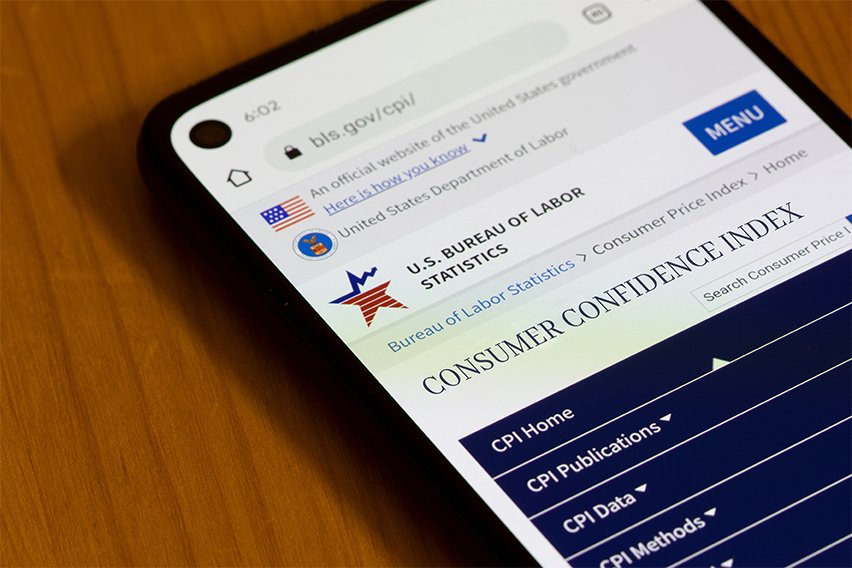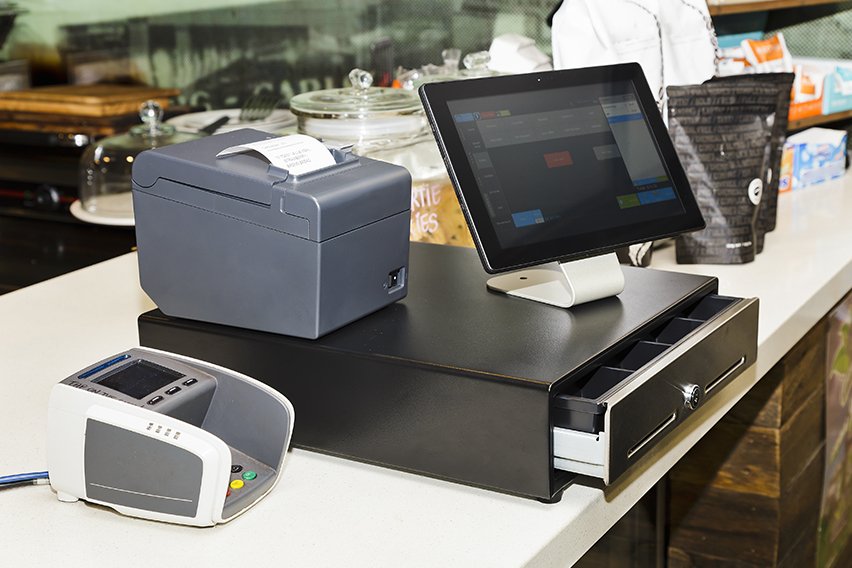What Is a Cooperative Business & How Does It Work?

There are a number of ways to run a business.
In the UK, you can set up and register your business as a sole trader, a limited company or a partnership. They all have their own distinct advantages and disadvantages when it comes to running the business and the tax implications.
Whilst these are the most common ways, you can also start with an alternative structure; a cooperative model business.
But what does cooperative actually mean? We’ll take a closer look at cooperative businesses and how they work.
Here’s What We’ll Cover:
What Is a Cooperative Business?
How Does a Cooperative Business Work?
What Does Cooperative mean?
If you’re looking for a direct definition, the cooperative can be defined as mutual assistance in working towards a common goal.
This was put into a business context back in the 19th Century when the International Cooperative Alliance, or the ICA, was founded in 1895. The ICA sought to promote the cooperative business model and increase the number of co-ops worldwide.

What Is a Cooperative Business?
A cooperative is a different type of business. It is one that aims to put the people first.
A cooperative business isn’t owned by shareholders, as the cooperative owns the assets of the business itself. A cooperative tends to have values ventured around mutual benefit.
They also concentrate their efforts on equality and fairness. This is with a long-term aim of generating jobs and concern for community.
They operate more for the benefit of its members rather than with the end goal of earning profit. Whether that be for a single person, or for investors or shareholders.
There is also an equal spread of responsibility within the decision-making process. This democratic structure means that each member will get a vote in how the organisation is run and each vote will carry equal weight.
It’s for this reason that co-ops are often referred to as cooperative enterprises or organisations instead of just ‘businesses’.
Cooperative ownership can be categorised into four different types:
- Worker-Owned Co-Ops: Worker cooperatives are owned by the workers and any profits are reinvested into the business. Any profits that aren’t invested back into worker co-ops will then be invested into the community that the co-op was established in.
- Consumer-Owned Co-Ops: Similar to the high-street brand ‘The Co-Op’, a consumer cooperative is owned and run by the consumers. The profits are reinvested back into the business, the member shares and the surrounding community.
- Enterprise-Owned Co-Ops: These are owned and run by other businesses. This type is popular within the agricultural sector.
- Mixed Ownership Co-Ops: This type of co-op is operated via a mix of the other three types of ownership. It’s a more fluid way of ownership.
How Does a Cooperative Business Work?
Co-ops differ from more traditional business ownerships based on the percentage of the business a person may own. A cooperative is based on equity contribution or how much of the products or services the member purchases.
For example, in traditional businesses you don’t have to invest in a company to buy its products. Just the same as you don’t have to purchase its products to invest in the company.
But with a cooperative, only people who are currently using the products or services have access.

Traditional cooperatives will allow one vote for each share owned and each vote is counted equally. This means that all co-op members are expected to participate and share the responsibility of running the organisation.
In the UK, there are currently over 7,000 currently operating cooperative businesses. These are in a range of sectors from agriculture to retail and education. There is even a credit union bank in Wales that operates as a cooperative.
Essentially, there is no limit on what type of enterprise can be a co-op, it’s purely down to how they run their business.
Key Takeaways
Having a cooperative structure can be a great way for startup businesses to get a foothold in their industry. They offer a flexible model for new business owners and can benefit the owners as well as have social benefits.
Are you looking for more business advice on everything from starting a new business to new business practices?
Then check out the FreshBooks Resource Hub.
RELATED ARTICLES

 What Is Overtrading? Know the Dangers & How to Avoid It
What Is Overtrading? Know the Dangers & How to Avoid It Understanding the UK Consumer Confidence Index(CCI)
Understanding the UK Consumer Confidence Index(CCI) Data Controller Vs Data Processor: What’s the Difference?
Data Controller Vs Data Processor: What’s the Difference? 3 Best Point of Sale Software (POS) for Small Business
3 Best Point of Sale Software (POS) for Small Business Analysis of Variance (ANOVA) Test: Everything You Need to Know
Analysis of Variance (ANOVA) Test: Everything You Need to Know Pros and Cons of a Limited Company
Pros and Cons of a Limited Company